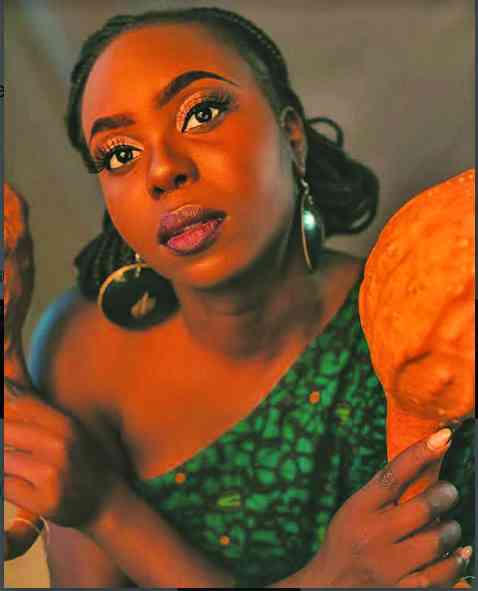
A “battalion” of scurrilous Zanu PF human sorties scours the dusty streets of Mbare stalking MDC activist Ayaya Kassim.
At that very moment, under the full glare of public scrutiny, President Robert Mugabe “condemns violence saying conflict deters foreign investors from the country”.
Kassim writhes in agony from the scourge of hot oil on his face as President Mugabe proclaims: “No more violence, no more bloodshed, no more loss of life.”
The die is cast. Political violence has become “the unlawful use of force or violence against persons or property in order to coerce or intimidate a government or the civilian population in furtherance of political or social objectives”. Social objectives? No! Retain power. Seek control. Exert “Jack-the-Ripper-type” influence.
Wikipedia says the notorious Briton was credited with a series of brutal killings in Whitechapel from 1891 to 1888, and “the legends surrounding them became a combination of genuine historical research, folklore, and pseudohistory”.
In Zimbabwe, neo-serial political murders are not folklore. Gukurahundi is real-life. So are March 2000 to June 2008 and Jerera Growth Point. Krison Mbano, Washington Nyangwa — lifeless, charred, dead. Mugabe still “condemning” violence? What a joke!
Wikipedia says: “A serial killer . . . is an individual who has murdered three or more people over a period of more than a month, with down time between the murders, and whose motivation for killing is largely based on psychological gratification . . .” Why? “Some theorists believe the reasons are biological, suggesting serial killers are born, not made, and that their violent behaviour is a result of abnormal brain activity.”
Fractured personality. Skewed political ideology. Idle minds. Cult behaviour. Psychotic entitlement.
- Chamisa under fire over US$120K donation
- Mavhunga puts DeMbare into Chibuku quarterfinals
- Pension funds bet on Cabora Bassa oilfields
- Councils defy govt fire tender directive
Keep Reading
“Serial killers want accreditation for the work that they have done.” Our sovereignty. We liberated you. We brought you democracy. We, we, we. “The main objective for this type of serial killer is to gain and exert power over their victim.”
Wikipedia summarises characteristics of serial killers as follows: Bright normal range; tend to work in menial jobs; they are often abandoned by their fathers and raised by domineering mothers; emotionally abused; strange interests; fascinated with fire setting. Eureka!
“Psychopaths lack empathy and guilt, are egocentric and impulsive, and theoretically do not conform to social, moral and legal norms. Instead, psychopaths often follow a distinct set of rules which they have created for themselves.”
They may appear to be normal and often quite charming, a state of adaptation that psychiatrist Hervey Cleckley called the “mask of sanity”.
Perpetrators of political violence are subhuman.
“Almost all of the serial killers in the study had experienced some sort of environmental problems during their childhood, such as a broken home or a lack of discipline in the home.” Psychotic behaviour? Stephen Chidhumo. Elias Chauke. Edmund Masendeke. Albert Ncube. Webster Gwama. Bernard Makuwe. Morris Kainos. Chipangano!
It’s on public record. Cewale River, Lupane. Lookout Masuku. Patrick Nabanyama. Talent Mabika. Tichaona Chiminya. Ayaya Kassim.
Bhalagwe Camp survivor, March 1984 said: “The young men dug the graves, and the old people buried those who died each day in the camp . . .” Moven Mahachi, September 1992: “. . . events during that period are regretted and should not be repeated by anybody, any group of people or any institution in this country.”
James Mensch, St Francis Xavier University: “. . . we witness outrages against defenceless populations, their robbing and murder by marauding bands . . . such violence only ceases when met by the counter-violence of the forces of public order.” Hannah Arendt stated: “To rule, we must engage in violence, we must deprive others of their ability to rule us . . .”
Mensch continues: “The violence of man apart from society is not an expression of his primitive condition, but rather of his political (or social) nature.” President Mugabe, in August 2011 said: “If there is violence, they begin to wonder if their investments are safe.” They are not, Mr President.
About the Author Rejoice Ngwenya is a social commentator writing in his own capacity











